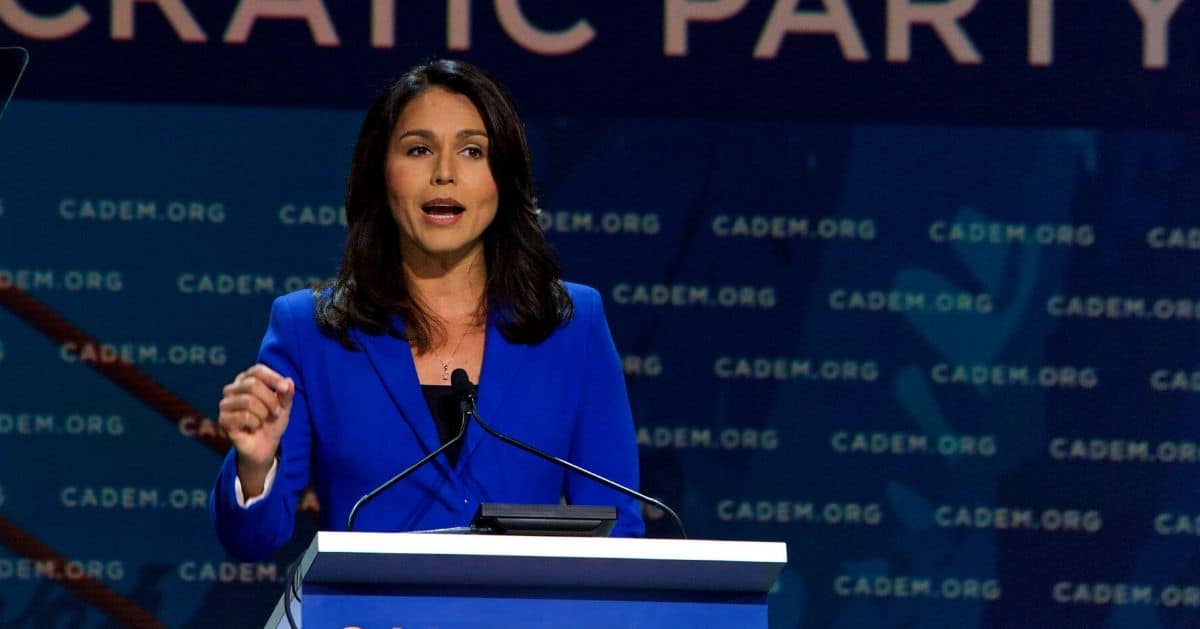






Chicago Mayor Brandon Johnson just tossed a verbal Molotov cocktail into the national discourse, accusing President Trump and his supporters of craving a "rematch" of the Civil War.
Breitbart reported that on Monday, Johnson made headlines with fiery claims that Trump and his base are waging war on Chicago and the broader American public, while framing Democrats as defenders against a supposed Republican assault on labor policies.
Let’s unpack this. Johnson’s rhetoric, delivered with the subtlety of a sledgehammer, suggests a deep historical parallel, pointing back to the 1860s when Confederate Democrats allegedly fought to preserve cheap labor through slavery against Republican opposition.
Today, he implies a similar battle, with Democrats accusing Republicans of threatening their modern labor strategies.
Here’s the direct jab: "The right wing in this country wants a rematch of the Civil War," Johnson declared. With all due respect to the mayor, this kind of hyperbole risks turning a policy disagreement into a historical grudge match—hardly the bridge-building we need in tense times.
Johnson didn’t stop there. "He has declared war on the people of Chicago and on the people across the country," he added, doubling down on the idea that Trump is somehow targeting entire communities. One wonders if this is less about facts and more about rallying a base with fear.
The mayor’s narrative paints a stark picture: Democrats, in his view, are resisting a Republican push to deport unauthorized migrant labor, much like their historical counterparts allegedly resisted emancipation.
Adding fuel to the fire, the story highlights a claim that Democrats have built a network of "sanctuary" states and cities to shield low-cost labor from federal enforcement. Critics argue this defies federal authority, creating lawless zones where policies clash with national interests.
Johnson, according to the narrative, goes further by allegedly refusing to hold disruptive groups accountable, even as they target federal immigration agents.
Reports suggest local police are instructed to stand by while groups like Antifa—described as allies of certain Democratic factions—interfere with federal operations in cities like Chicago. It’s a serious accusation that demands scrutiny over who’s truly enforcing the law.
This isn’t just a Chicago issue. The story points to similar patterns in places like Portland and Seattle, where violent actions by activist groups reportedly go unchecked. If true, it raises questions about whether some leaders prioritize political optics over public safety.
Beyond Johnson, the narrative cites a Virginia Democratic candidate, Jay Jones, who allegedly made shocking comments about wishing harm on a Republican politician and his family to force policy changes. That kind of rhetoric, if accurate, isn’t just distasteful—it’s a dangerous escalation that should alarm anyone who values civil discourse.
The story claims Jones remains embraced by his party despite these remarks, which, if true, suggests a troubling tolerance for hostility.
Silence from party leaders on such incidents only deepens the perception of a double standard when it comes to political violence.
Meanwhile, President Trump is portrayed as battling not just Johnson but other Democratic figures like California Gov. Gavin Newsom, alongside judges accused of overstepping constitutional bounds to block federal authority.
The broader narrative suggests Democrats are pushing divisive agendas, including efforts to restrict public self-defense rights, as part of a larger control strategy. While policy disagreements are fair game, painting them as a literal "war" feels like a rhetorical overreach that helps no one.



